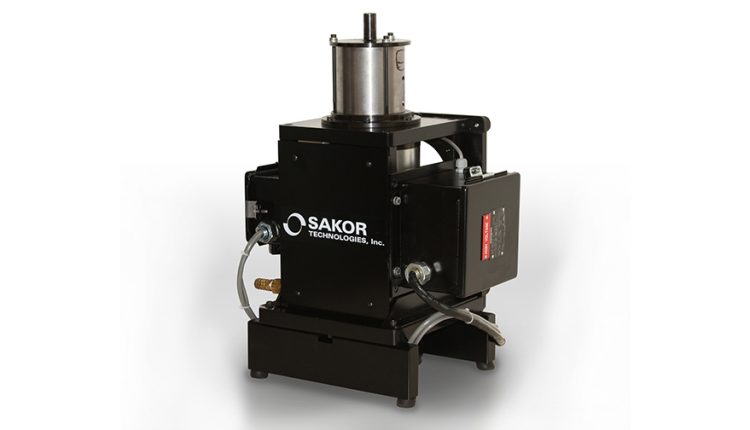Engine, hybrid and battery technologies at Automotive Testing Expo
It has been announced by SAKOR Technologies that it will be exhibiting at the Automotive Testing Expo North America 2017, 23rd to 25th October, 2018 at the Suburban Collection Showplace in Novi, Michigan, showcasing its innovative technologies at Booth #10009.
The exhibit will include hybrid and electric vehicle testing, high voltage battery testing and simulation, and the smallest AC regenerative engine dynamometer available in the industry. SAKOR technical experts will be on hand at the booth to offer expertise and answer questions about their products.
An industry developer of testing technology for hybrid and electric vehicles, SAKOR has extensive experience in electric motor and generator testing, as well as engine and powertrain testing. The DynoLAB Test Cell Control System being highlighted can perform a wide variety of road load profiles and simulations, and is designed for testing to all international standards, including existing and proposed EPA, CARB, and Euro standards.
The High Voltage Battery Simulator/Testing System is ideal for customers conducting research and development, performance evaluation, and durability testing of high voltage DC power systems. It can be used for testing high voltage batteries as well as simulating high voltage batteries while testing hybrid and electric vehicle drive lines and inverter systems. The High Voltage Battery Test System is fully line regenerative, resulting in a very power efficient unit, minimizing electricity usage, lowering operating costs, and providing an extremely environmentally friendly ‘green’ profile.
The Small Engine AC Motoring Dynamometer on display is reportedly the smallest available on the market today. Featuring ultra-low inertia properties, the unit can convert easily between horizontal and vertical orientations, accommodating either shaft orientation. It was developed specifically to meet the needs of small engine manufacturers who must comply with engine testing procedures required by 40 CFR Part 1065 emission standards.
This innovative machine can test both steady state and transient emissions cycles, and allows users to avoid the issues associated with larger dynamometers, such as breaking of drive-shafts or couplings.

